
Türkiye and Italy expanded their efforts toward a $40 billion trade goal through the Türkiye–Italy Business Forum held in April, which brought together approximately 500 participants from both nations and served as a platform for broadening cooperation beyond diplomacy, Turkish experts said.
The forum, held as part of fourth Türkiye–Italy Intergovernmental Summit in Rome and led by President Recep Tayyip Erdogan and Italy's Prime Minister Giorgia Meloni, marked a shift toward deeper collaboration not only in economic fields but also in education, sustainability, and innovation-driven sectors, as the strengthening of institutional and cultural ties as a critical component of this renewed partnership.
With trade between the two nations surpassing $32 billion in 2024, Italy now ranks as Türkiye’s second-largest trade partner in Europe and fifth globally. Officials and executives from both countries expressed a shared ambition to raise this figure to $40 billion, supported by 11 newly signed agreements spanning various sectors.
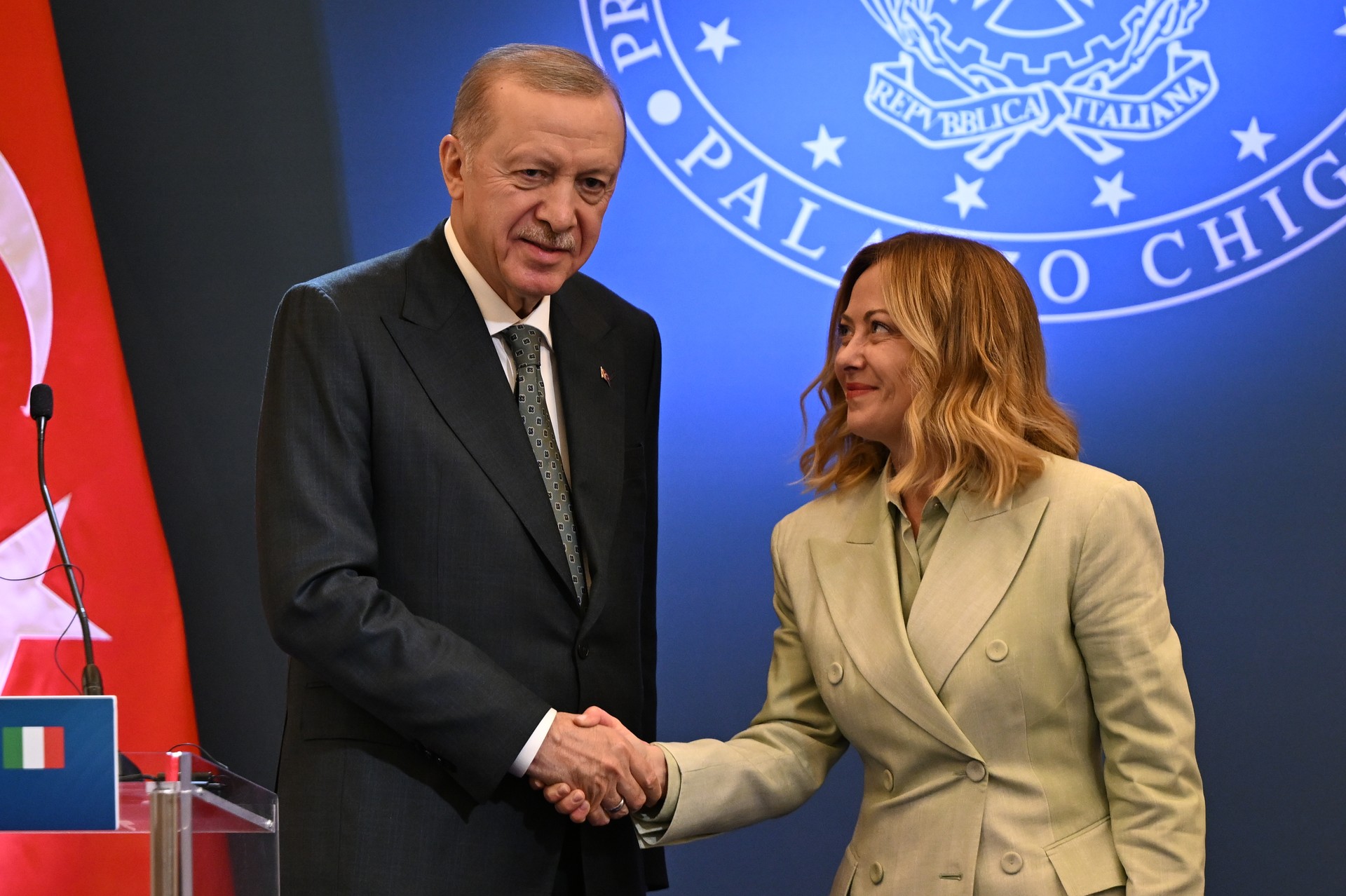
Lale Cander, chair of the Foreign Economic Relations Board (DEIK) Türkiye–Italy Business Council, described the Rome forum as a “structural turning point” for bilateral economic relations, driven by political will at the leadership level and reinforced by strategic sectoral agreements.
“This meeting was not symbolic—it created a framework of trust and concrete goals for the business world,” Cander told turkiyedeisdunyasi.com. “The $40 billion trade target shows that this relationship will deepen not only in quantity but also in quality.”
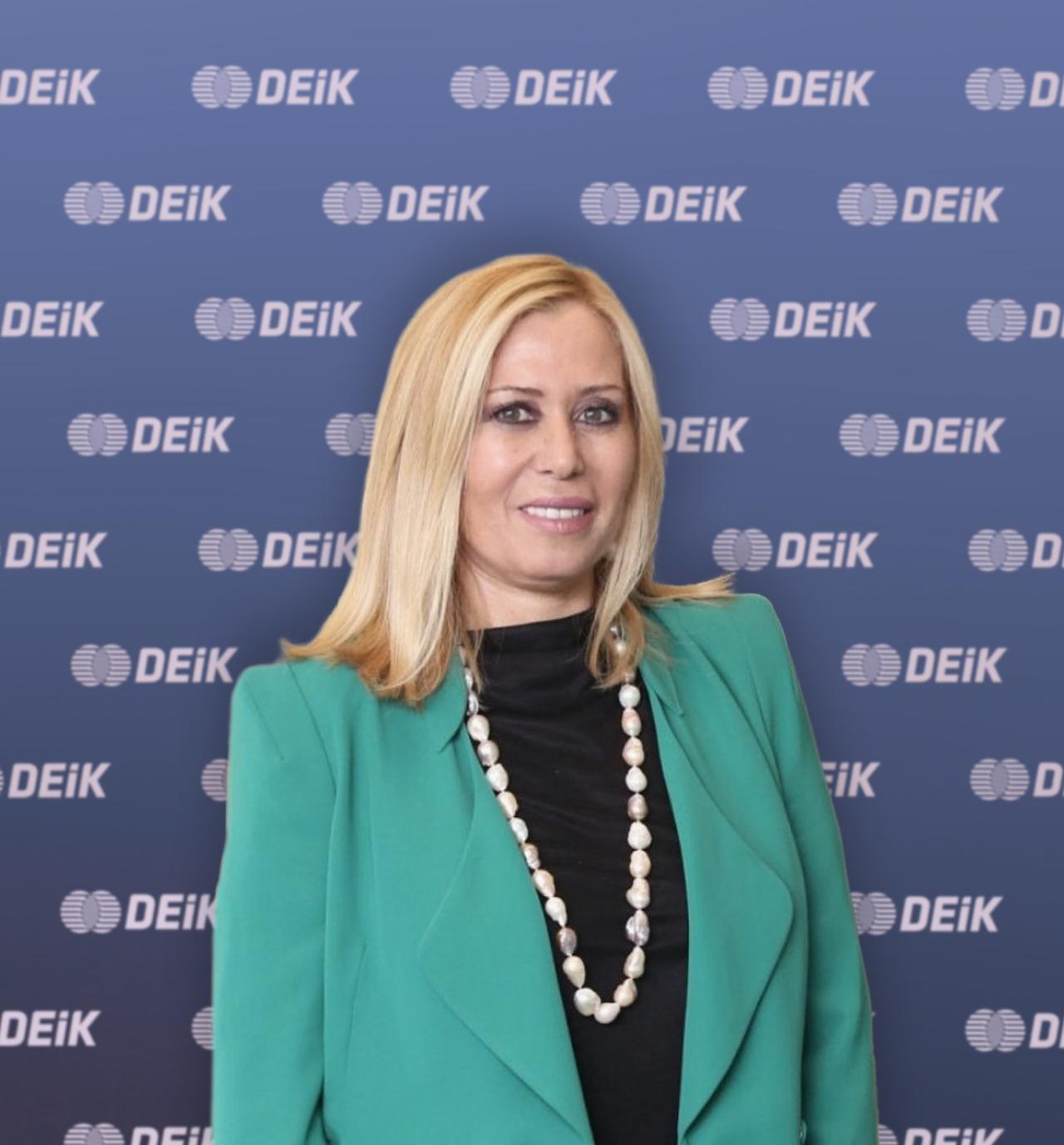
She highlighted future cooperation areas, including advanced manufacturing, renewable energy, digital infrastructure, circular economy, logistics, and agricultural technologies. According to Cander, strategic memoranda of understanding (MoUs) such as those between Baykar, a leading Turkish drone and defense technology company, and Leonardo, one of Italy’s largest aerospace and defense firms, or between Cassa Depositi e Prestiti (CDP), Italy’s state-owned development bank, and Industrial Development Bank of Turkiye (TSKB), reflect a strong intent for long-term coordination. “We, as the Business Council, will continue to monitor and facilitate this vision,” she added.
Cander also pointed to the role of the Turkish business community in Italy as a driver of both economic and cultural engagement. “Entrepreneurs and skilled professionals are expanding the social depth of this economic relationship,” she said.
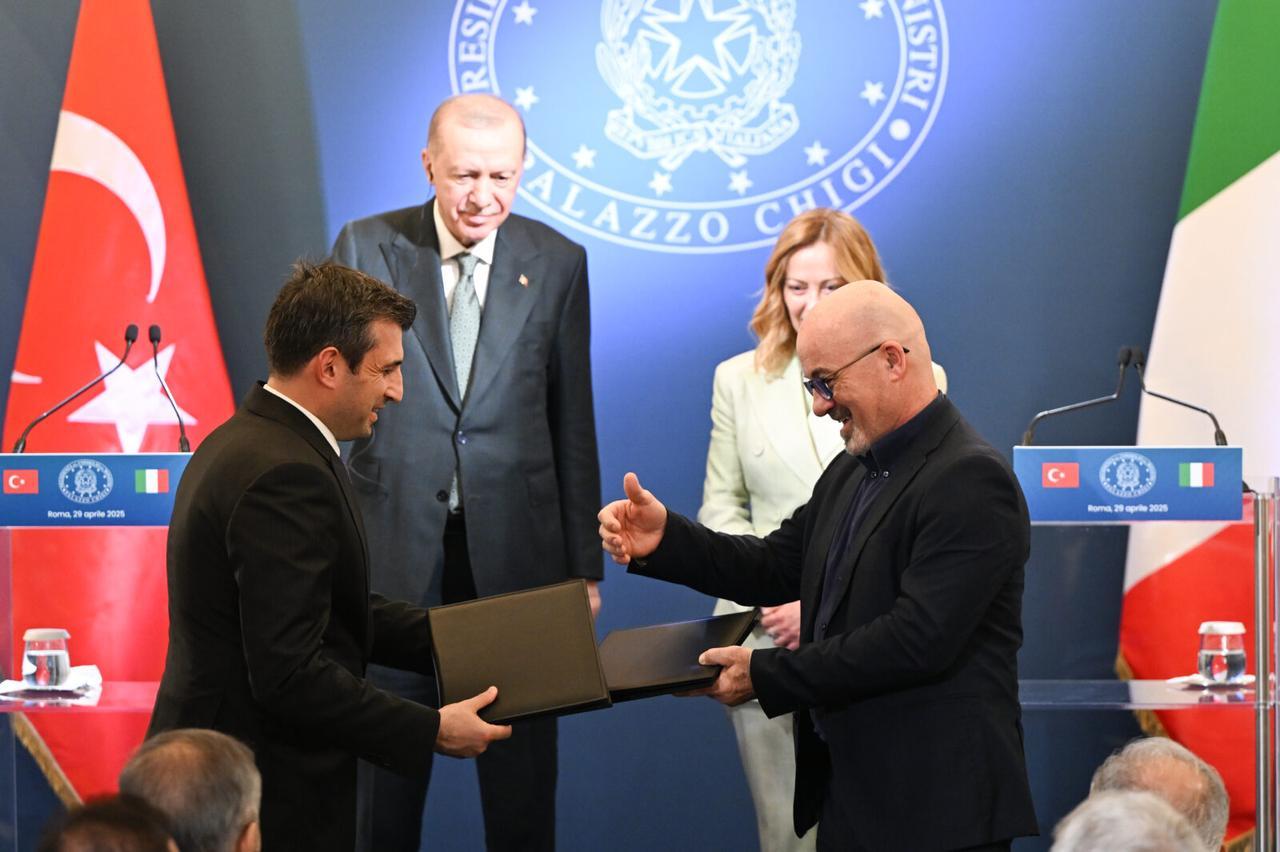
This view was echoed by Burak Celet, CEO of DESA, a Turkish leather goods manufacturer with operations in both countries. While DESA employs 1,700 people in Türkiye, its Italian branch has 75 workers and serves as a demonstration site for international clients. Celet noted that former apprentices from Türkiye now train Italian workers in leather craftsmanship.
“Our investment is located in a region of Italy where no previous firm in our sector operated,” Celet said. “The fact that our staff from Duzce are now teaching Italians how to process leather is a source of great pride.”
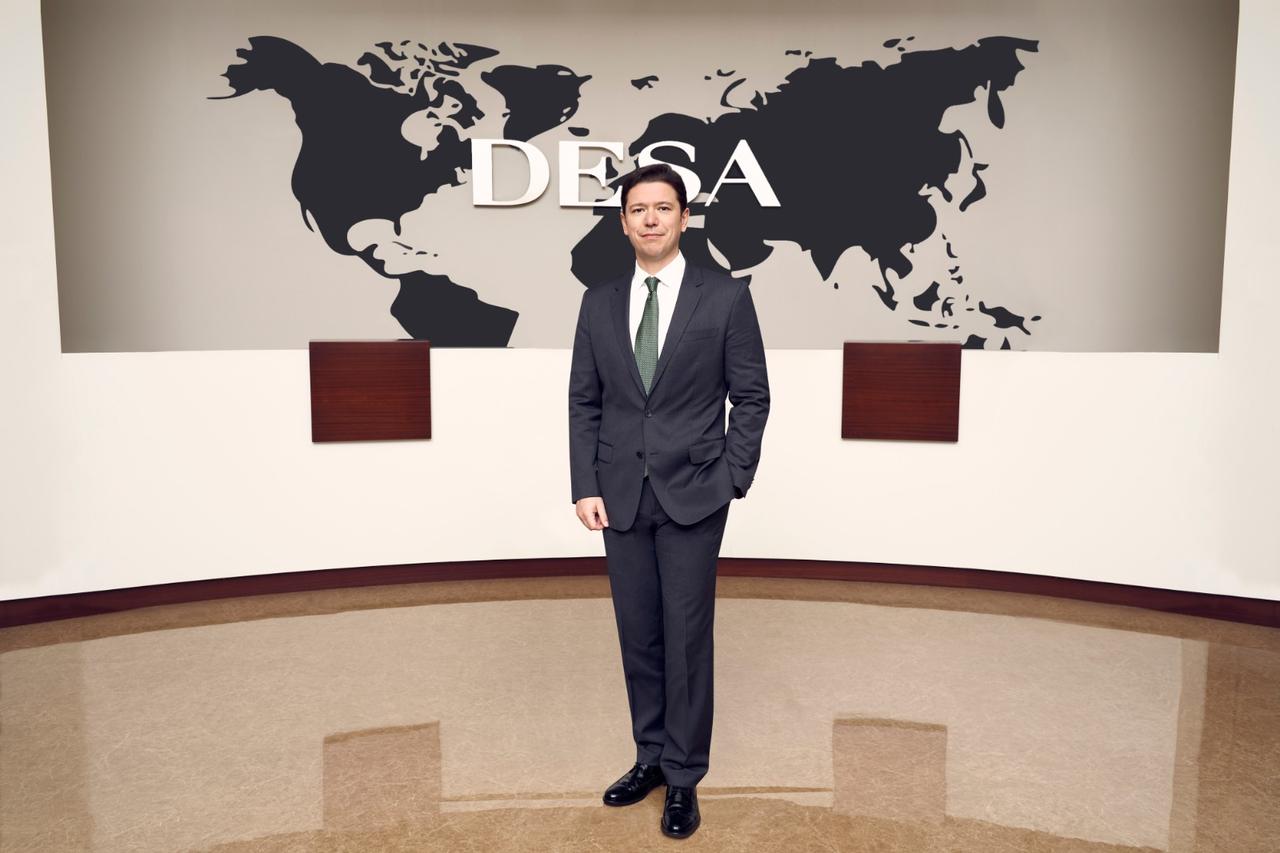
Despite recent progress, Celet believes Türkiye’s industrial capabilities remain underappreciated in Italy. “We need to make Türkiye better known,” he said, pointing to efforts by the Presidential Investment Office and trade chambers. “These forums and bilateral meetings are useful, but we must intensify our outreach.”
He added that both Turkish and Italian entrepreneurs who operate cross-border businesses must act as ambassadors. “We, as investors, have a responsibility to represent the opportunities on both sides,” he said.
The partnership between Türkiye and Italy benefits from structural complementarity. While Italy brings world-renowned design capabilities and branding leadership, Türkiye offers industrial scale and a dynamic, young workforce.
“Each country brings skills the other needs,” said Celet. "Italy excels in aesthetics and heritage. Türkiye excels in capacity, engineering, and speed."
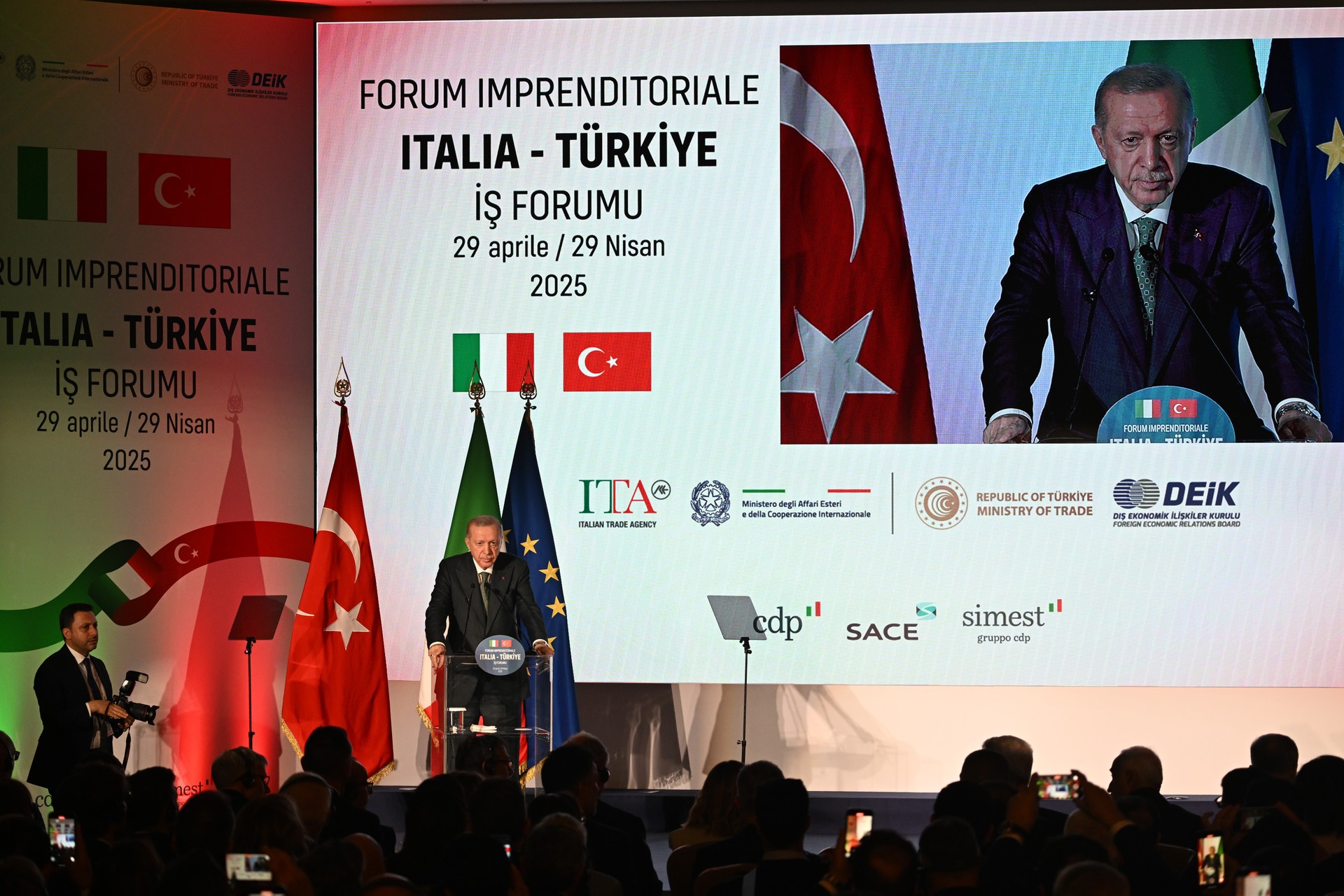
Professor Mustafa Aydin, head of Istanbul Aydin University and chair of the Franchising Association UFRAD, emphasized that the relationship was evolving into a multidimensional partnership.
“It is no longer just about trade volume,” Aydin said. “It’s about shaping a long-term ecosystem of innovation, production, and exchange.” He underlined the value of complementary production structures that could enable the two countries to jointly export to third markets.

Aydin added that Italian universities and Turkish institutions were already cooperating on academic exchange programs, joint research, and innovation-focused initiatives, particularly in digital transformation and sustainable agriculture.
“Both sides showed openness to long-term cooperation not only in economic but also cultural, educational, and social dimensions,” he noted.
To build on recent momentum, Aydin proposed several policy-level improvements, including the expansion of bilateral trade offices, simplification of business visa processes, strengthening of educational diplomacy, and promotion of joint sector-specific forums.
“Efforts like these will not only support large companies but also create new opportunities for SMEs,” he said. “The institutional momentum is there—what matters now is turning this into systematic and sustained cooperation.”